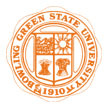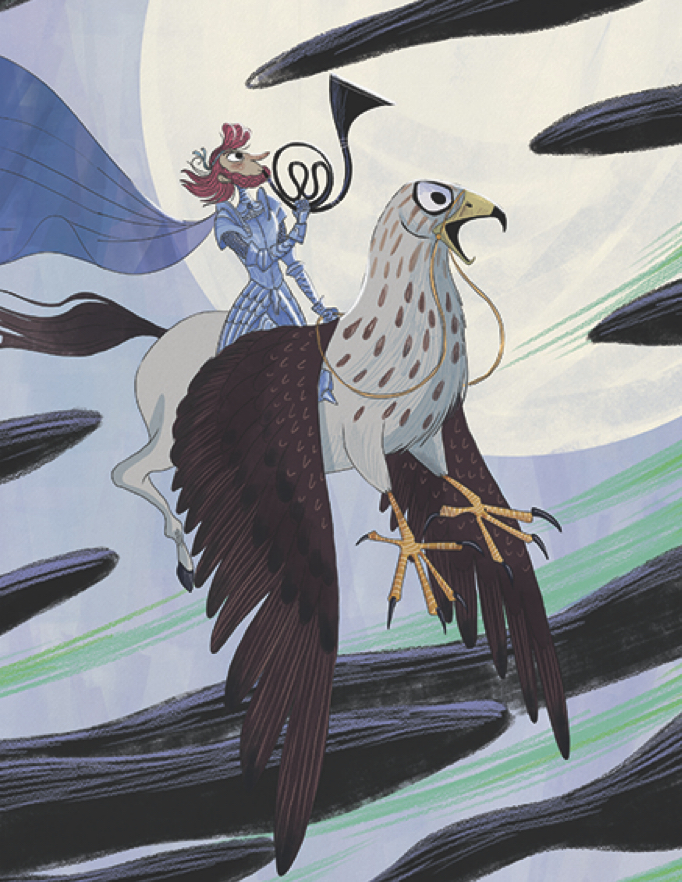| week |
readings |
assignments |
topics & arguments |
Week 1:
January 14, 16
|
Geoffrey of Monmouth (selections)
Merlin’s origin story and Vortigern’s death (Book VI chs.
XVII-XIX, Book VIII, chs. I-II).
Merlin & Stonehenge (Book VIII, chs. X-XII)
|
|
History, Myth, and Legend
What's the Matter with Romance?
(This super-funny joke will require
an hour or so of tedious explanation.)
Romans,
Britons, Anglo-Saxons, and other imaginary beings
The
historical Arthur (and Merlin?) and Charlemagne
The Matter of Britain
|
Week 2:
January 21, 23
|
Geoffrey
of Monmouth (selections)
Uther
& Arthur (Book VIII, chs. XV, XVII, XIX, XXII,
XXIV)
Death (?)
of Arthur (Book XI, chs. I-II)
|
|
Arthur the hero
The Raglan Scale
Merlin's
magic: fantasy or science fiction?
|
Week 3:
January 28, 30 |
Guest's
translation of The Mabinogion:
“The
Lady of the Fountain”,
“Peredur,
Son of Evrawc”
|
Thursday
January 30:
Quiz 1
(readings & lectures
weeks 1-3)
|
The fool and the hero
Arthur
the non-hero,
or: Can a king be a hero?
The
British knights of the Round Table
|
Week 4:
February 4, 6
|
Weston's
version of
Sir Gawain and the Green Knight |
|
The chivalric code
pagan
and Christian elements the story
The
traitor Aeneas vs. the faithful Gawaine
fantasy
or allegory or...?
|
Week 5:
February 11, 13
|
Malory, Morte
d’Arthur
Book
1: The Coming of Arthur;
Book
11: Adventures of Lancelot
|
Friday February
14, 11:59 PM:
Argument 1
(readings &
lectures
weeks 1-5) |
Merlin the Trickster
Arthur
and Hercules
Sex,
deceit, and violence in French romance
The
French Knights of the Round Table
The monstrification of British knights in French
romances
|
Week 6:
February 18, 20
|
Matarosso's
translation of The Quest of the Holy Grail
|
|
Biblical
legend and Britain
The
True Cross and Britain
Holiness
and chivalry: contradictory ideals?
holiness
vs. magic; holiness as magic
|
Week 7:
February 25, 27
|
Cable's
translation of The Death of King Arthur |
Thursday
February 27:
Quiz 2
(readings &
lectures
weeks 4-8) |
Mordred: villain or hero?
Lancelot:
villain or hero?
After
Avalon: the afterlife of Arthur
|
Spring Break:
March 1-9
no classes
|
Week 8
March 11, 13
|
Sir Orfeo,
Octavian
|
|
The Matter of Rome
myth in history
history in myth
|
Week 9
March 18, 20
|
Sayers' translation of The
Song of Roland
|
|
Charlemagne: real or imaginary?
religious slander in
medieval/renaissance epic
|
Week 10
March 25, 27
|
Reynolds' translation of Ariosto, Orlando
Furioso
Cantos 1-9
|
Friday March 28
11:59 PM:
Argument 2
(readings &
lectures
weeks 6-10)
|
Italian versions of the Matter of France
Ariosto’s
monstrous patrons
The
beginning is not really the beginning.
|
Week 11
April 1, 3
|
Ariosto,
Orlando Furioso
Cantos 10-18 |
|
traitors and heroes in the court of
Charlemagne
“I am
no man!” The female heroes of Ariosto’s epic
|
Week 12
April 8, 10
|
Ariosto,
Orlando Furioso
Cantos 19-27 |
Thursday April 10:
Quiz 3
(readings: weeks 8-12)
|
“I tell thee, love’s but a madness...”
Ariosto:
romantic or anti-romantic?
|
Week 13
April 15, 17
|
Ariosto,
Orlando Furioso
Cantos 28-36
|
|
Stealing from the best: the sources of Ariosto
The
bad guys of the epic: how bad are they, really?
Prequels
and sequels: other writers of Italian epic
|
Week 14
April 22, 24
|
Ariosto, Orlando
Furioso
Cantos 37-45 |
Thursday April 24:
Quiz 4
(lectures
& readings weeks 13-14) |
Moon shots: space travel in ancient and Renaissance
literature
Homer, Ariosto, and St. John the Evangelist: just a
trio of hacks?
The
physical cosmos of Ariosto’s epic
The
moral cosmos of Ariosto’s epic
The
end is not really the end.
|
Finals Week
April 28-May 2
|
-----
|
Final Project due
Tuesday April 29
(11:59 PM) |
Use and cite the required texts;
don't do "research"
(i.e. aimlessly Google stuff).
|


